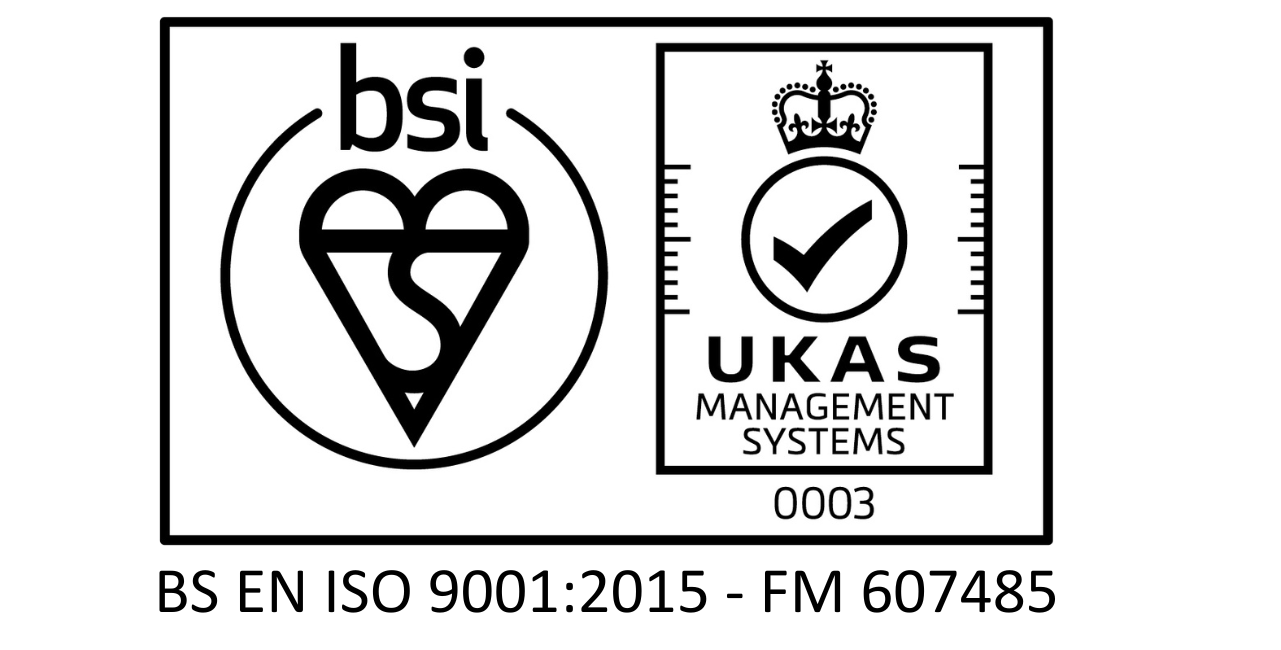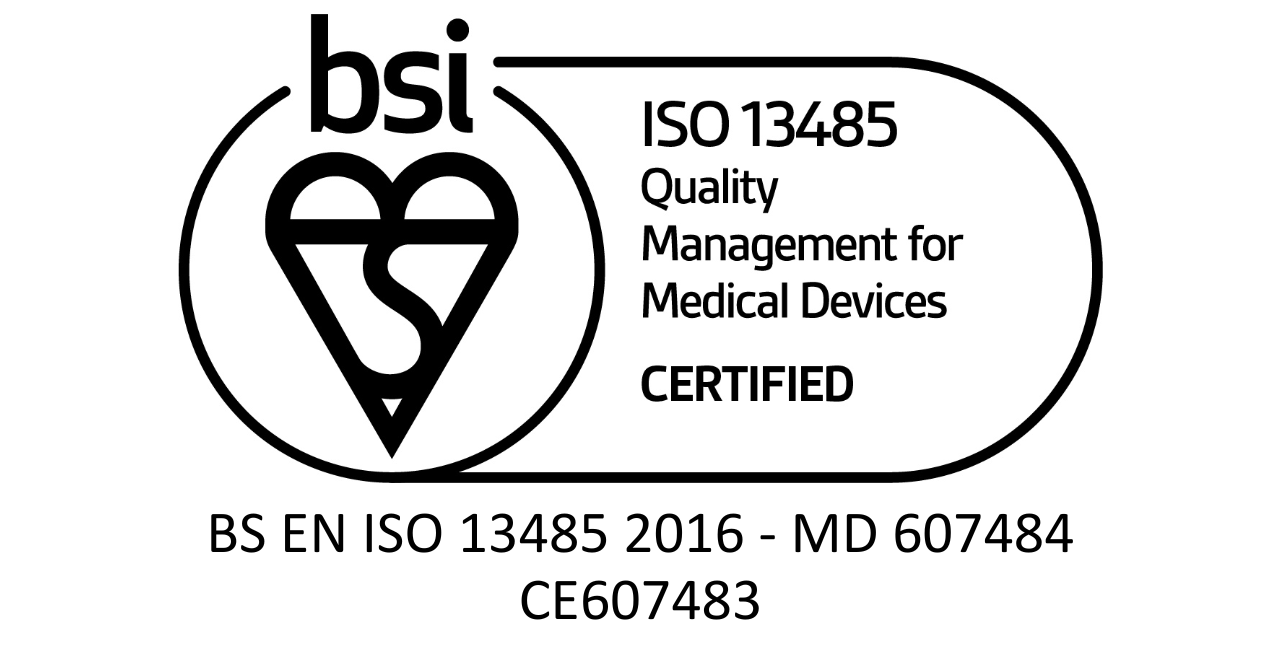What to look for when selecting Medical Scales
Medically Approved weighing scales need to record accurate patient weights to inform medicinal dosage, equipment selection and treatment plans. But how can we ensure that the scales being used are fit for purpose?
There are a few things to look out for when selecting which scales to use in a medical setting.
The NAWI (Non-Automatic Weighing Instruments) Directive states that all scales used to weigh patients with the purpose of monitoring, diagnosis or for medical treatment must be medically approved, Class III scales (The Non-Automatic Weighing Regulations, 2016).
Capacity:
An important factor to check when initially weighing your patients is the capacity of the weighing device, this will be marked by the Safe Working Load.
Graduations:
It is also wise to check the ‘graduations’ of the scales that you are using. The graduation refers to the increments that the weight reading will climb in.
The term ‘graduation’ is often interchanged with ‘accuracy’ for example “the scale unit is accurate to the nearest 200 grams”.
The graduation or degree of accuracy required for scales used in a medical setting will differ depending on why that measurement is being recorded. The below table adapted by Marsden highlights the graduations required for different patient groups, dependent on the reason for the weight recording.

(Marsden, 2016)
Accuracy Checks
Accuracy checks are recommended on a regular basis. To do this you would need to load the scales with an item that you know the weight of already, repeat the process by loading and unloading this same weight and record the readings each time. If you are given the same weight reading you can be assured that the scales are accurate, if not then calibration is required.
For further information on calibration, keep your eyes peeled for our next blog installment.
Other Scale Markings to Look Out For –
It is advised to look for the following set of symbols which may be displayed on your scale unit to determine how fit for purpose they are in a medical setting.
The CE marking is the manufacturers mark to highlight the model meets the health, safety and environmental requirements enforced by the EU.
This is a further manufacturer marking to denote conformity to relevant directives
This represents the Class of your weighing device, the 3 lines signifies that your scales are Class III approved, suitable for medical use. Approval of this will have been gained by a variety of tests conducted by a regulatory body.
Identification Number – this will be a 4 digit nuber to highlight which body authorised the scales for use.
IP Rating – Ingress Protection Rating denotes the level of protection against hazards and water.
Our Scales
At Benmor Medical we supply integrated scales on our Bariatric Bed frames, which will monitor the weight of patients during their period of care.
https://www.benmormedical.co.uk/product/aurum-plus-bariatric-bed/
In addition to this, we supply scales ranging from wheelchair to hoist scales so that there is a solution to weighing patients in the most appropriate setting for their mobility and care needs.







